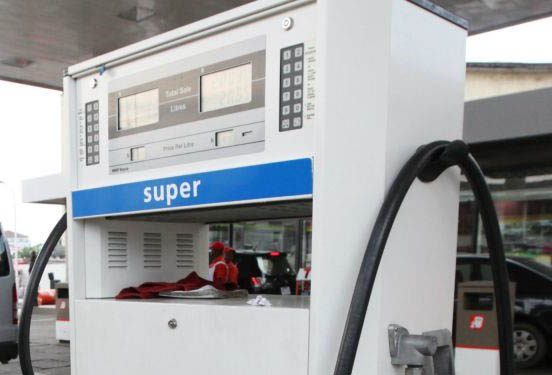By LukmanOtunuga, Senior Research Analyst At FXTM —

The explosive surge in oil prices over the past few months has been good news to energy producing countries including Nigeria. It is worth keeping in mind that Africa’s largest economy acquires over 90% of export earnings and roughly 70% of government earnings from oil sales. Fuel subsidies are a major theme in the country as it shields consumers from soaring international oil prices. Essentially, the government fixes the price of gasoline for consumers below the international prices and uses its own funds to pay for the difference.
While this looks like a beneficial scenario for the country as it provides the government more money to fulfil its financial obligations while domestic consumers are protected, it comes at a very high price. The International Monetary Fund (IMF) has urged Nigeria on repeated occasions to drop the fuel subsidies because it remains a key driver of significant fiscal deficits and evaporating public finances. Indeed, Nigeria exports crude but imports all by-products of the resource, including the motor spirit. With the country consuming more than it refines, it depends heavily on importations for its energy needs. Interestingly, rising global oil prices will enforce more pressure on Nigeria’s foreign exchange while the revenues from oil sales will be sapped by fuel subsidies. According to data from the Nigerian National Petroleum Corporation (NNPC), petrol subsides jumped to N1.43 trillion in 2021. This will certainly impact the government’s ability to fulfil its financial obligations in 2022.
Back in November 2021, the Nigerian government announced it will remove the subsidies – a move which could reduce a lot of pressure on the government, leaving them with more cash to support the economy. However, the latest reports reveal that Nigeria has postponed the removal – raising questions whether the country is strong enough to shoulder the ramifications of such a decisive move. Another question is the socioeconomic consequences of such a move and how it could impact domestic consumers who are enjoying a period of cooling inflation. With international oil prices slowly approaching triple digits, the removal of subsidies could trigger untamed inflationary pressure, placing the Central Bank of Nigeria in a tricky position.





